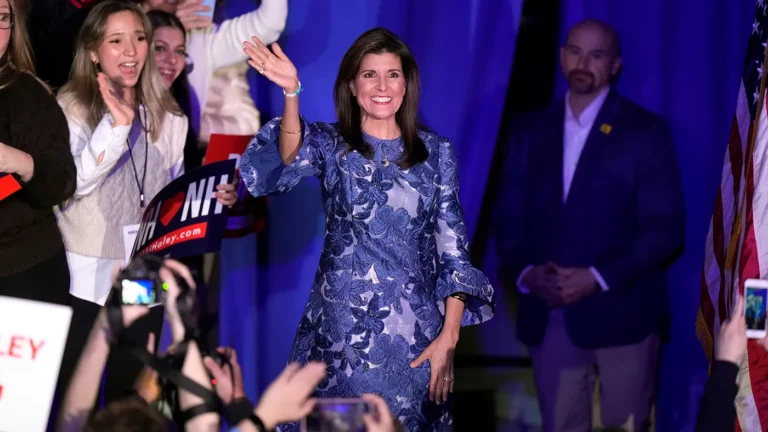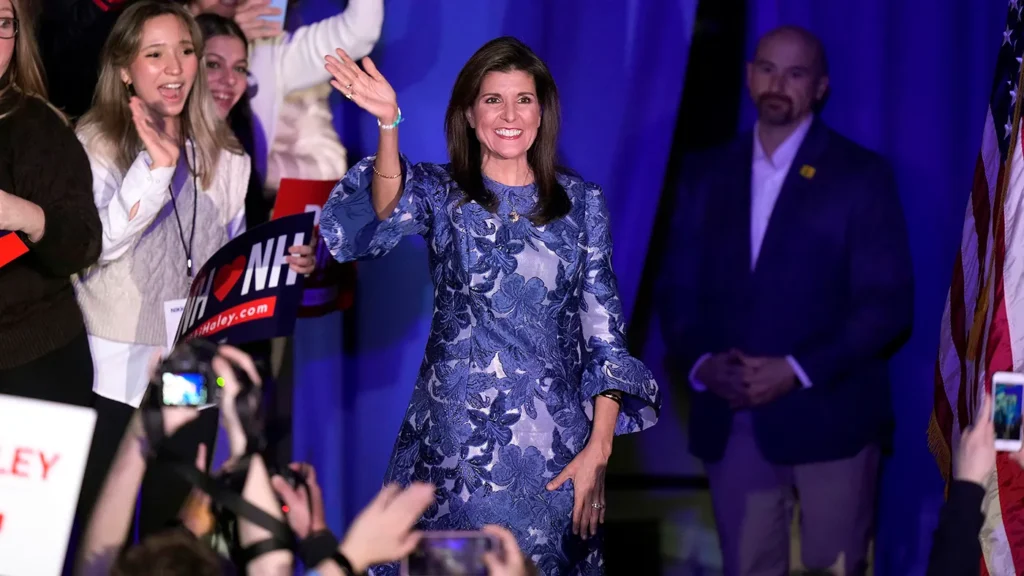Nikki Haley blasts Trump over cognitive health after he rants against Carroll. Confused again?

In a surprising turn of events, former U.S. Ambassador to the United Nations, Nikki Haley, has publicly expressed concerns about the cognitive health of former President Donald Trump. This comes after Trump’s recent remarks against columnist E. Jean Carroll, reigniting the debate over his mental fitness. The unfolding controversy raises questions not only about the relationship between Trump and Haley but also about the broader issue of cognitive health in political leaders.
The latest episode in the ongoing saga between Trump and Carroll stems from the former president’s response to the sexual assault allegations made by the columnist. In a series of statements, Trump dismissed Carroll’s claims and labeled them as politically motivated. However, what caught the public’s attention was the apparent incoherence and confusion in Trump’s remarks, leading to Haley’s public expression of concern.
Nikki Haley’s Remarks:
Haley’s statement has sparked a wave of speculation and discussion, with many wondering if this is a genuine expression of concern or a strategic move by Haley to distance herself from Trump ahead of a potential political future.
The Trump-Carroll Controversy:
The Broader Implications:
The Role of Transparency:
Political Ramifications:

The intersection of politics and cognitive health has once again come to the forefront, thanks to Nikki Haley’s public expression of concern about Donald Trump. The controversy surrounding Trump’s remarks on E. Jean Carroll has ignited a broader conversation about the expectations placed on leaders and the role of transparency in a democratic society.
As the discussion unfolds, it is crucial to approach the issue with nuance, considering both the public’s right to information and the privacy of individuals. The incident also underscores the complex nature of political relationships and the strategic considerations that come into play, especially in the lead-up to major elections.
Lasting implications on the political landscape remains to be seen, but one thing is certain – the debate surrounding cognitive health and transparency in politics is far from over.
Follow & Subscribe www.usaplanetnews.com
Signup For Newsletters
If you have suggestion and comments then mail to us on gjetly82@gmail.com